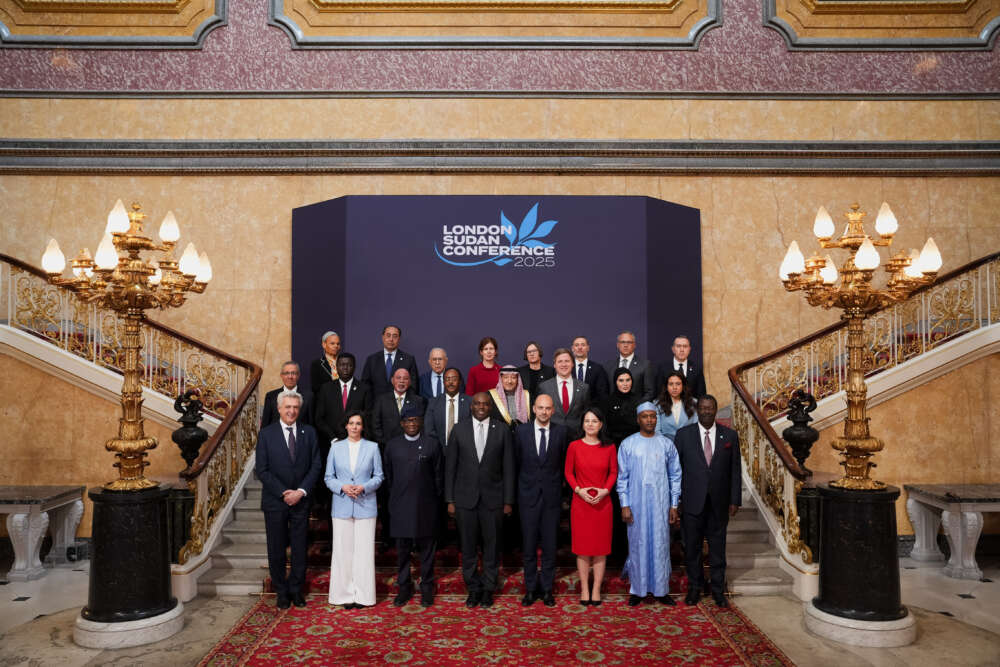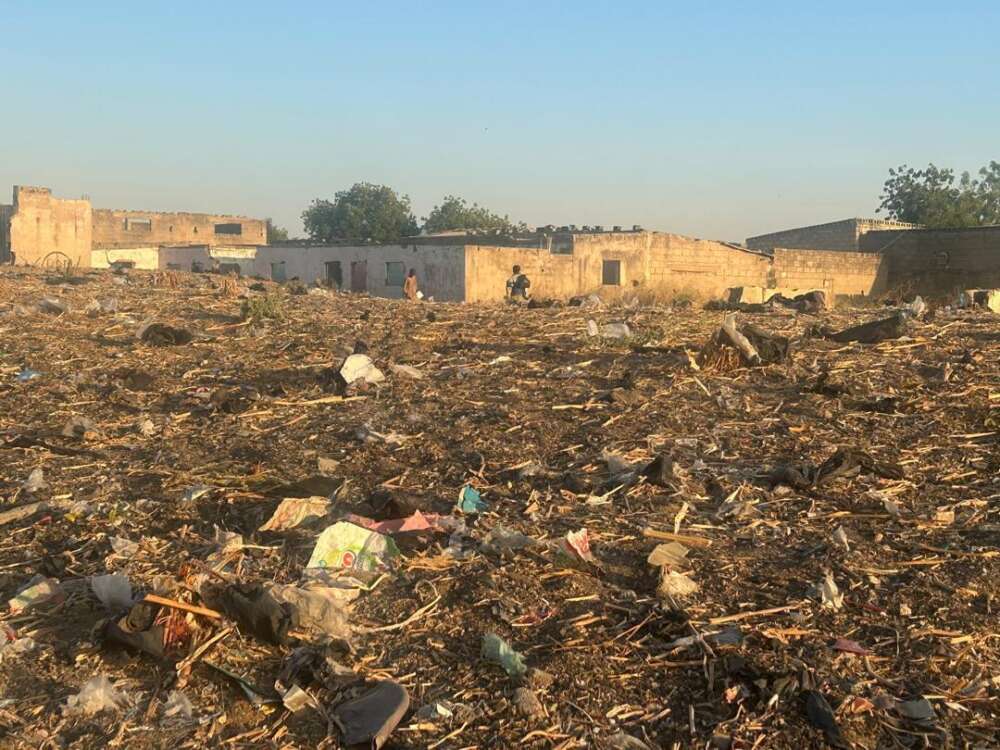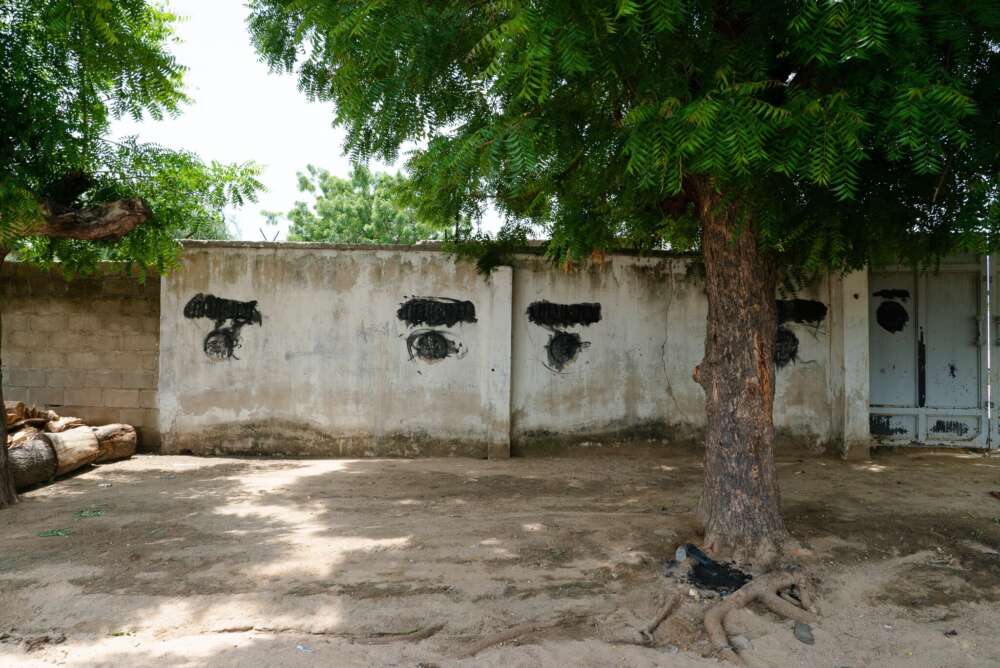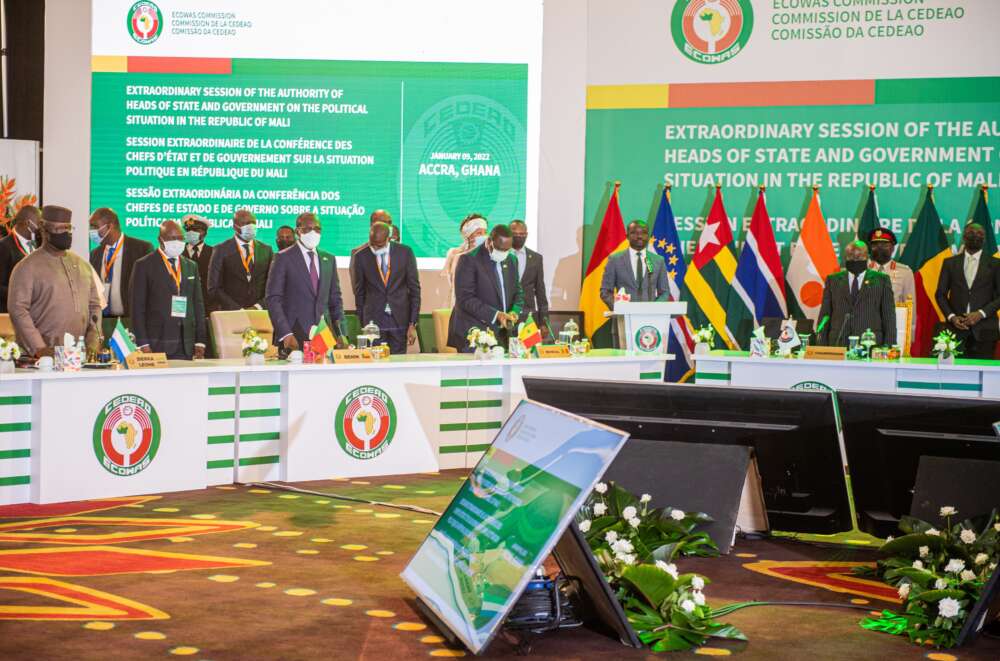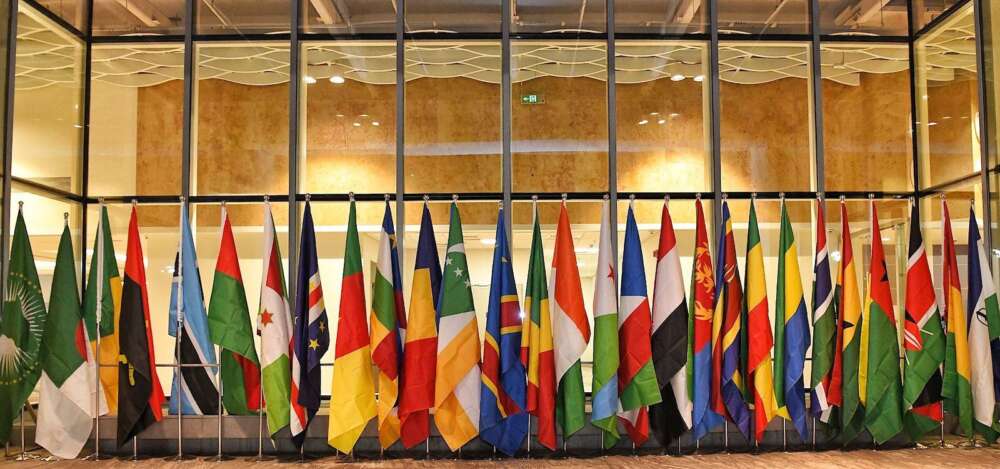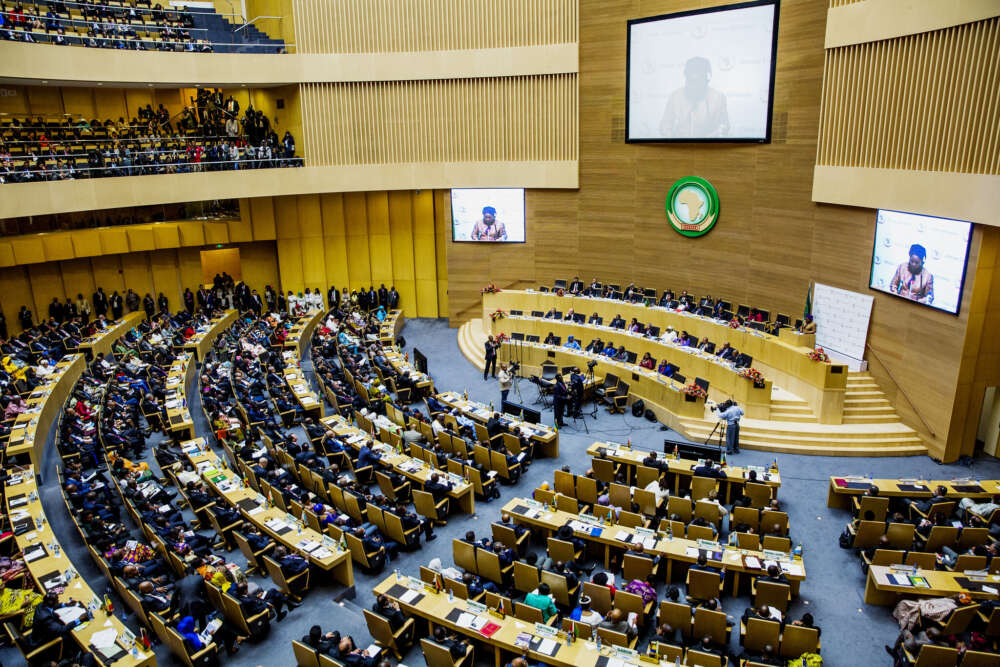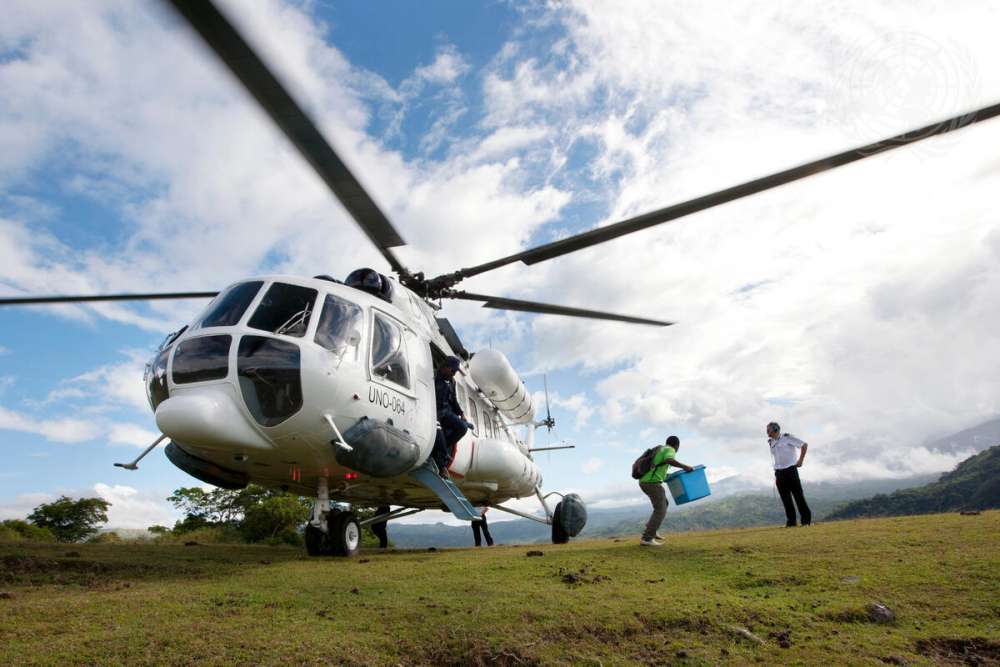Reforming ECOWAS: A Case for Institutional Resilience in a Changing Era
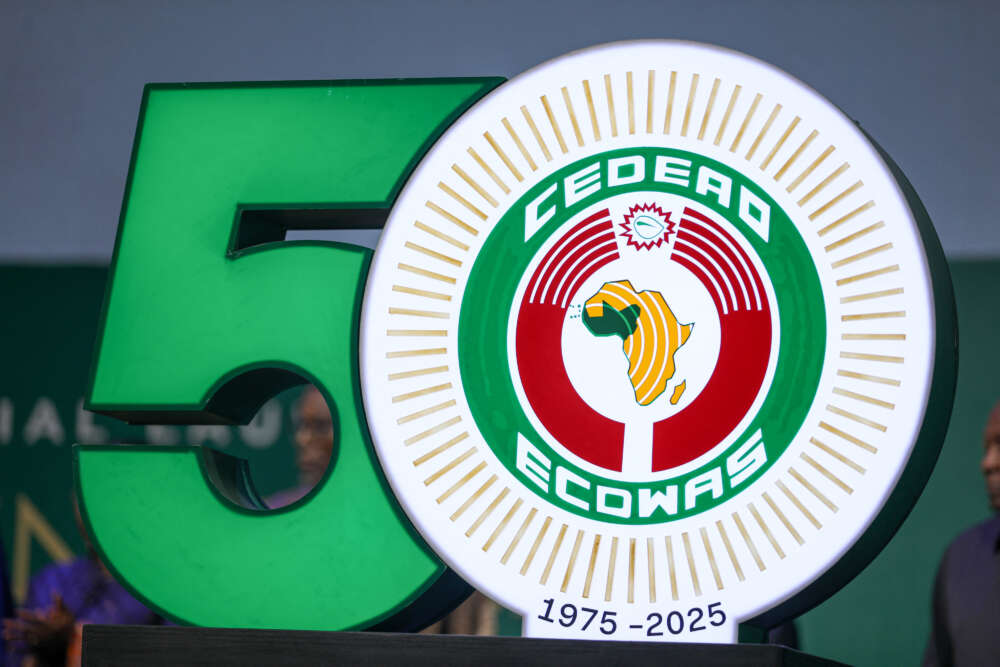
Also Available in FRENCH.
Confronted with political fragmentation, epitomized by the 2025 withdrawal of the Alliance of Sahel States (AES), the Economic Community of West African States (ECOWAS) stands at a crossroads: preserve the status quo, confine itself to economic integration (its original mandate), or pursue deeper political integration. This brief argues for the latter, urging ECOWAS to seize today’s window of opportunity for ambitious reforms. In light of the structural weaknesses of ECOWAS member states at a time of global geopolitical upheaval, only a more integrated ECOWAS can effectively restore legitimacy, reinforce resilience and serve as an indispensable facilitator of stability.
Key Findings
- ECOWAS faces a profound crisis in the aftermath of the simultaneous exit of Burkina Faso, Mali and Niger in January 2025. The region is now divided into two distinct diplomatic and military organizations AES and ECOWAS), undermining the founding vision of a united West Africa, built on a shared integration project.
- The AES exit highlighted underlying flaws in ECOWAS’s approach to unconstitutional changes of government (UCGs). Inconsistencies in wielding its zero-tolerance principle regarding UCGs opened the organization up for allegations of double standards and undemocratic behavior. Reinforced by youth disillusionment and shifting geopolitics that undercut the leverage of its diplomatic and economic sanctions, this widespread perception has eroded ECOWAS’s political and normative authority since 2020.
- The multidimensional crisis confronting ECOWAS fundamentally reflects a structural tension between its supranational ambitions and member states’ sovereignty claims. The overwhelming dominance of the ECOWAS Authority in ECOWAS decision-making processes limits the autonomy and enforcement capacity of other Community institutions and specialized agencies, sometimes hampering the coherence of regional policy.
- ECOWAS stands at a juncture. To restore its legitimacy and secure lasting stability, it must commit to deeper political integration; holding stiffly onto the status quo will hasten its decline, while reverting to a purely economic role will sever its link with West African citizens, who value ECOWAS’s advocacy for democratic governance.
Recommendations
To ECOWAS member states:
- Reform is imperative, especially amid profound demographic changes. Fragile post-colonial states – with a young and growing population – cannot meet the vast social demands and systemic turbulence they will increasingly face, compounded by global shocks from crises like COVID-19, Ukraine and Iran. A more politically integrated ECOWAS will contribute to stability.
- The current context offers a strategic window of opportunity for ambitious and gradual reform. In its initial phase of reform, ECOWAS must deliver quick political wins to restore its legitimacy and moral authority by fast-tracking its ECOSOC to reconnect with civil society and adopting the revised 2001 Supplementary Protocol to dispel perceptions of double standards.
- ECOWAS must also overhaul its sanctions regime to ensure civilian protection, curb political interference and restore credibility by creating a dedicated committee, setting clear and transparent criteria and drafting explicit exemptions for essential goods. To strengthen transparency and accountability, the Authority should replace consensus-based decision-making with formal voting on matters of democracy and governance, and ensure that reservations are made public.
- The second phase of reforms must begin to rebalance the internal power dynamics by making ECOWAS Court rulings on democracy and governance automatically binding and by strengthening the Commission’s institutional autonomy by requiring parliamentary approval for the appointment of the Commission’s leadership.
- The third phase must consolidate ECOWAS’s shift to a supranational model by deepening parliamentary reform (direct elections, budgetary autonomy, stronger oversight, and expanded competencies to defense, peace and security) and by elevating the Court of Justice to ensure the primacy of Community law over national law.
- Since unanimous agreement on reforms is unlikely, ECOWAS should rely on a core group of willing “champions” to drive reforms – Sierra Leone, Nigeria, Senegal, Ghana, and potentially Côte d’Ivoire.
To Germany and the EU:
- ECOWAS reforms demand resources beyond member states’ means, making European support essential. The strategic incentive is clear: investing in ECOWAS strengthens democracy, curbs migration, crime and insecurity, protects economic interests and preserves geopolitical influence against rising Russian and Chinese models.
This publication is funded by the German Federal Foreign Office as part of the project “Stabilization Lab: Improving Key Instruments for Crisis Prevention, Conflict Resolution and Peacebuilding.” This arm of the project on“Political Tools for Managing Crises in Africa,” is a collaboration between GPPi and the Institute for Security Studies (ISS). The views expressed herein solely reflect those of the authors and do not present the official position of the German government.
Note: the title of this report was changed on October 21, 2025.
